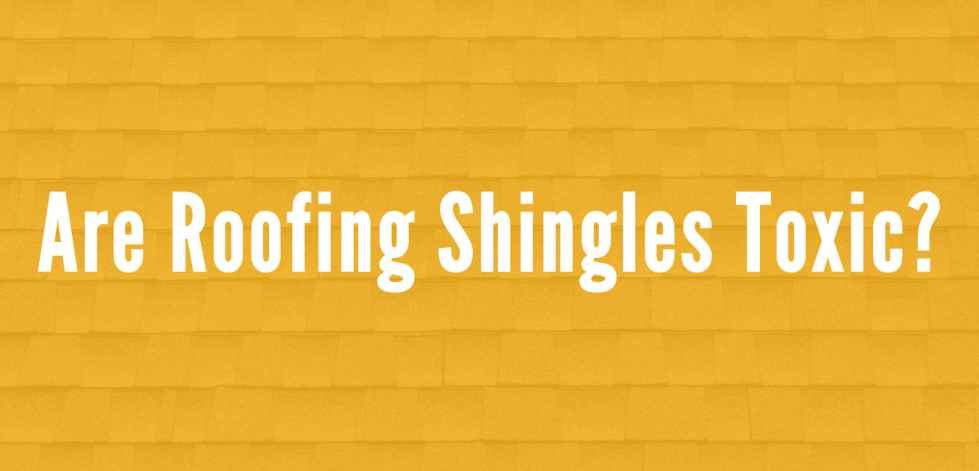Roofing shingles are an essential component of any home or building. They provide protection against the elements, enhance curb appeal, and add value to your property. However, many homeowners wonder if roofing shingles are toxic and if they pose a risk to their health. In this blog post, we will explore whether roofing shingles are toxic or not and what you need to know to keep your family safe.
The materials used to make roofing shingles can vary widely, but the most common types of roofing shingles are made from asphalt, fiberglass, or wood. Each material has its unique properties, benefits, and drawbacks.
Asphalt shingles are one of the most popular types of roofing materials used in North America. They are made from a mixture of asphalt, fiberglass, and mineral granules. Asphalt is a petroleum-based product, which means it contains some potentially harmful chemicals. However, the asphalt used in roofing shingles is typically modified with additives to make it more durable and resistant to weathering.
Fiberglass shingles are made from a woven fiberglass mat coated with asphalt and mineral granules. Fiberglass is a type of plastic that is reinforced with glass fibers. The use of fiberglass in roofing shingles has increased in recent years because it is lightweight, strong, and resistant to fire.
Wood shingles are made from cedar or other types of wood. They are often chosen for their natural beauty and durability. However, wood shingles can be more expensive than other types of roofing materials, and they require regular maintenance to prevent rot and decay.
While roofing shingles themselves may not be toxic, there are some potential hazards associated with the installation and removal of roofing materials. For example, when asphalt shingles are heated, they can release fumes that can be harmful if inhaled. Similarly, fiberglass shingles can release fine fibers when cut or handled, which can be hazardous if breathed in.
It is important to take proper precautions when working with roofing materials. This includes wearing gloves, eye protection, and a dust mask to minimize exposure to any potential hazards. If you are unsure about how to handle roofing materials safely, it is best to consult with a professional roofer.
Another consideration when it comes to the toxicity of roofing shingles is the potential presence of hazardous materials in older roofing materials. For example, some older homes may have asbestos-containing shingles, which can be extremely hazardous if disturbed or damaged. If you are unsure whether your home’s roofing materials contain asbestos, it is important to have them inspected by a professional.
In conclusion, roofing shingles are generally safe when properly installed and maintained. While there may be some potential hazards associated with the materials used in roofing shingles, taking appropriate safety precautions can minimize any risks. If you have any concerns about the safety of your roofing materials, it is best to consult with a professional roofer or building inspector. By taking these steps, you can ensure that your home’s roof provides reliable protection for your family and your property. Reach out to Aspen Contracting with any questions you may have at 877-784-ROOF!
